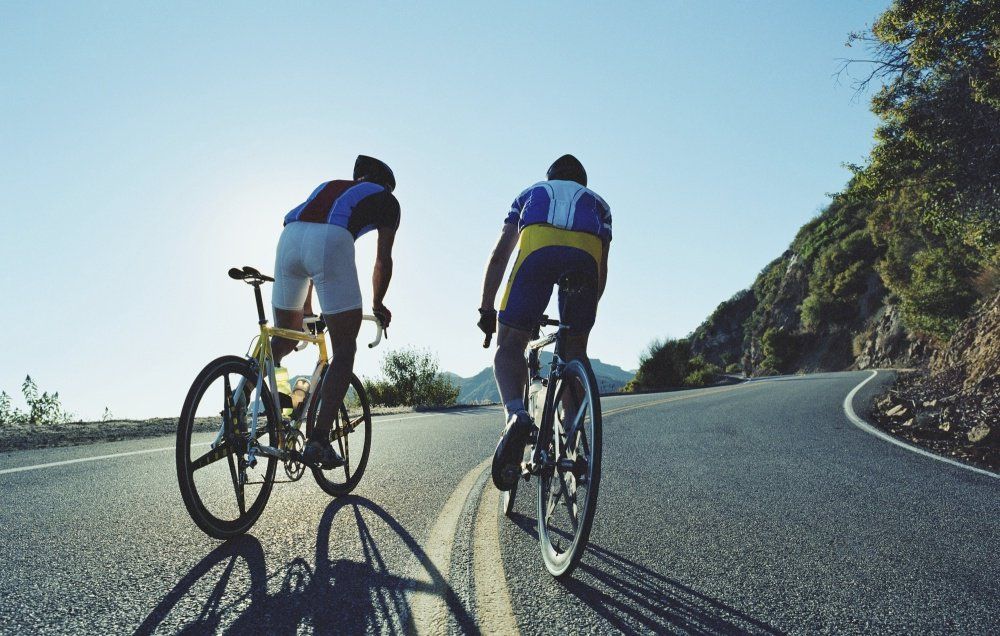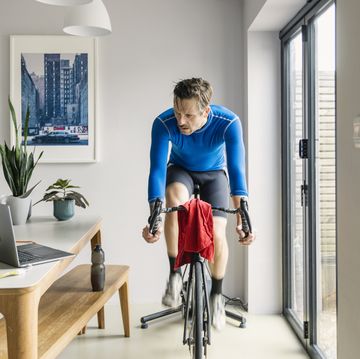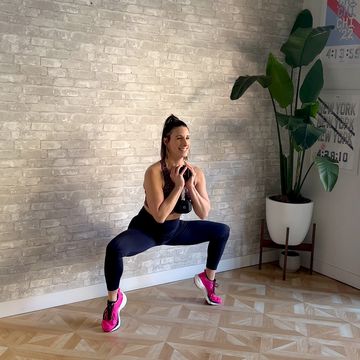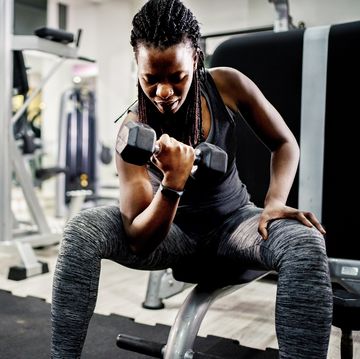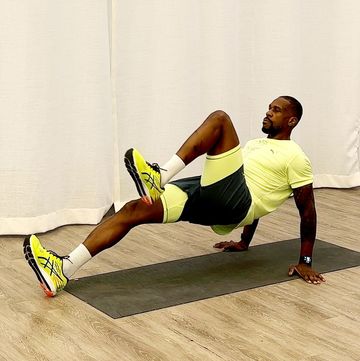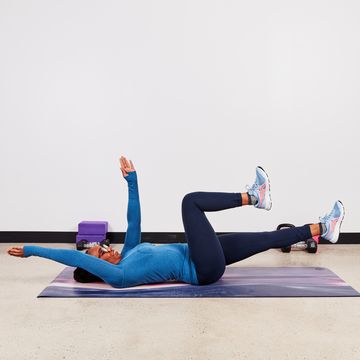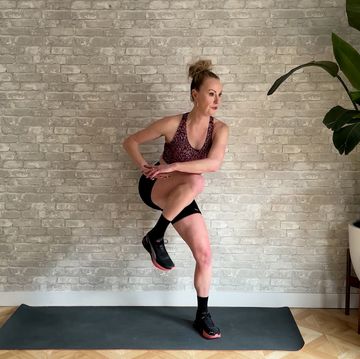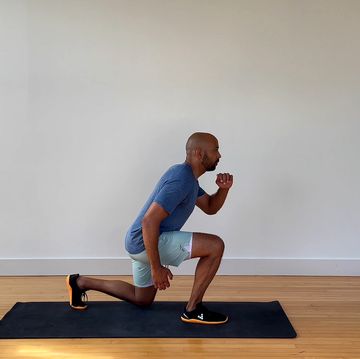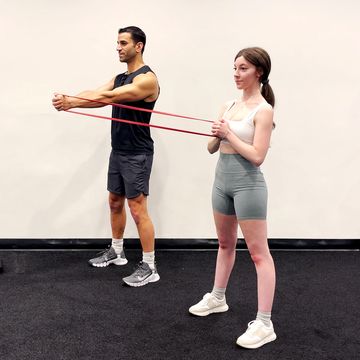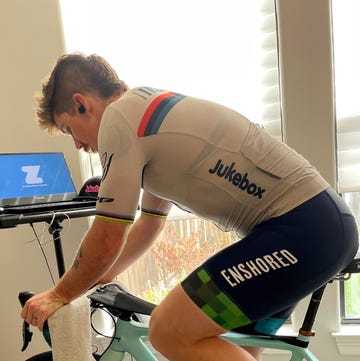If riding your bike is simply a hobby, something you do for entertainment and exercise, you probably don't need to hire a coach. Just keep riding and have fun doing it. But if at some point getting faster is a priority for you, then having a coach is your one-way ticket to increased speed. Perhaps you have decided to start racing. Or maybe you're targeting a century ride next summer. Whatever the case, a little guidance can go a long way toward helping you achieve your goals. (To learn more about setting up your own training plans, check out Jason Sumner's Complete Book of Road Cycling Skills.)
RELATED: Pain Is the Cycling Coach You Didn't Know You Had
"For me, the biggest benefit of having a coach is that it forced me to be accountable," says Scott Moninger, former pro racer turned coach. "It's really beneficial to have someone telling you what to do in training. And with the advent of power meters, your coach can get a really good idea of what you're doing and where your fitness level is. As an athlete, I would rather just go do the work and have my coach worry about parsing the data."
What Coaches Can Do for You
A good coach will also be your number-one confidant, that person you can ask questions and bounce ideas off, says Jeremy Powers, multi-time US national cyclocross champion.
"A lot of times it helps me see things from a different perspective," adds Powers. "Everyone will be different, but why not have an expert to explain to you how to do something rather than trying to figure it out all on your own, which can take a long time and will involve a lot of trial and error. Instead, that person can tell you when to ride, how much to ride, how hard to ride, what to eat, all the things that go along with becoming a better cyclists. Coaches are usually also good at pointing out and helping you work on your weaknesses. And that can be hard to do on your own. It's human nature to just focus on what you are good at."
RELATED: 5 Secrets to Help You Crush Any Cycling Goal
When it comes time to pick a coach, Frank Overton, owner and founder of FasCat Coaching in Boulder, Colorado, says to treat it like you're interviewing someone for a job.
"Ask questions about their philosophy, about their experience and credentials," he says. "Is coaching a career for them or just something they do on the side as a hobby because they think they can make an easy buck capitalizing on their personality or how fast they are."
Your prospective coach should also be readily able to provide testimonials or references from other athletes they've worked with. "If a coach can't do that, I would immediately start looking elsewhere," adds Overton.
Costs and Longevity
The cost of coaching will vary greatly, but Overton says you should expect to pay somewhere between $150 and $300 a month for professional-grade services. Of course, you will also likely find someone willing to do it for $50, too. But the old adage of you get what you pay for applies. "That's the guy who probably has another job, and may or may not return your phone calls," warns Overton. "You don't want someone who is just copying and pasting training programs. You could do that yourself for free."
Finally, Overton recommends that you don't just hire a coach for a month or two. "Obviously I am a little biased, but you really need to give it 6 to 12 months to see the biggest benefits," he says. "The best results I see are usually with athletes that are in the second, third, or fourth year of getting coached and they never had dreamed of how good they could become. It's really rewarding for the coach and the athlete."
This article was originally published in the Complete Book of Road Cycling Skills.
Get the most out of your training by knowing your heart rate zones:
